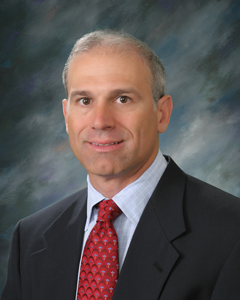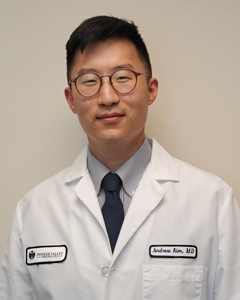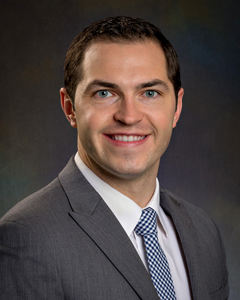Erectile Dysfunction
Erectile dysfunction (ED) refers to the consistent inability to achieve or maintain an erection. For an erection to occur, a specific sequence of event needs to take place, allowing blood to enter the penis while restricting the outflow of blood. The pressure created by this "trapped" blood is what maintains an erection. If there is a consistent breakdown in any steps in the sequence, erectile dysfunction is the result. Erectile dysfunction may occur at any age, however, the occurrence of ED is increasingly common as a man ages. However, it should not be considered a natural part of aging.
Causes of Erectile Dysfunction
In older men, there may be physical or medical conditions that contribute to erectile dysfunction. Erectile dysfunction may be caused by a combination of medical, physical and psychological factors including:
- High blood pressure
- Heart disease
- Diabetes
- Physical injury
- Side effects from prescription medications
- Drug or alcohol use
Psychological factors and certain lifestyle choices such as smoking, obesity, stress, anxiety, guilt and fear of poor sexual performance can also contribute to ED.
Diagnosis of Erectile Dysfunction
Erectile dysfunction is diagnosed by evaluating a patient's medical and psychological history, performing a physical evaluation, and conducting a series of laboratory tests that may include:
- Blood tests
- Lipid profiles
- Urinalysis
- Thyroid function tests
- Testosterone measurements
- Ultrasound
A psychosocial evaluation may also be used to examine possible psychological factors.
Treatment of Erectile Dysfunction
Erectile dysfunction may be treated with:
- Medication
- Psychological therapy
- Vacuum devices
- Penile implants
Surgical implantation of an inflatable prosthesis is also an option. During this procedure, the surgeon implants a device that simulates erection by pumping fluid from a reservoir into inflatable tubes in the penis.
Prevention of Erectile Dysfunction
Not all cases of erectile dysfunction can be prevented, however, doctors may recommend the following lifestyle changes for precaution:
- Eat a healthy diet
- Exercise regularly
- Stop use of tobacco products
- Cut back on alcohol use
- Reduce stress
Individuals who are obese, may benefit from losing weight as a possible means of preventing erectile dysfunction.










